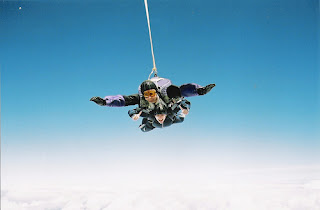 |
| bk1bennett |
All is not lost though: I have background knowledge, thanks to the supplied readings; I have support, thanks to the weekly tutorials, discussion forums and the peers in my learning cohort; and I have the motivation to continue, thanks to the assessment that looms in 4 weeks' time! AND I have found comfort in the research presented by Carol Kuhlthau, (2007) that claims that once the research topic has been selected there is a brief sense of elation only to be followed shortly afterwards by nervousness and uncertainty at the enormity of the task that awaits. Hooray! I'm not alone! I'm normal!
 |
| Image from http://comminfo.rutgers.edu/~kuhlthau/information_search_process.htm (2004) |
In relation to this model, I am currently working in the first two stages of Initiation and Selection, experiencing a great deal of uncertainty concerning the task that lies ahead. This certainly has implications for my teaching as I need to be aware of students embarking on a research task, who would also identify the task to be insurmountable and be unclear about how they will take that first step. As a Masters of Education student the task has been initiated by the lecturer and the topic selection has been guided by her during tutorial sessions and written outlines to meet the requirements of the course. Whilst there has been freedom to select your own topic of inquiry, pertaining to your individual work circumstances, there have been parameters to guide the selection. It would be easy to give up at this stage, fearing that you don't have the ability to identify the sort of information required and where to locate it, all before writing the context essay! This would be no different for the students that we teach. Hopefully, as I continue with my research I will find the solution on how to move forward and clear some of this fog ...........

